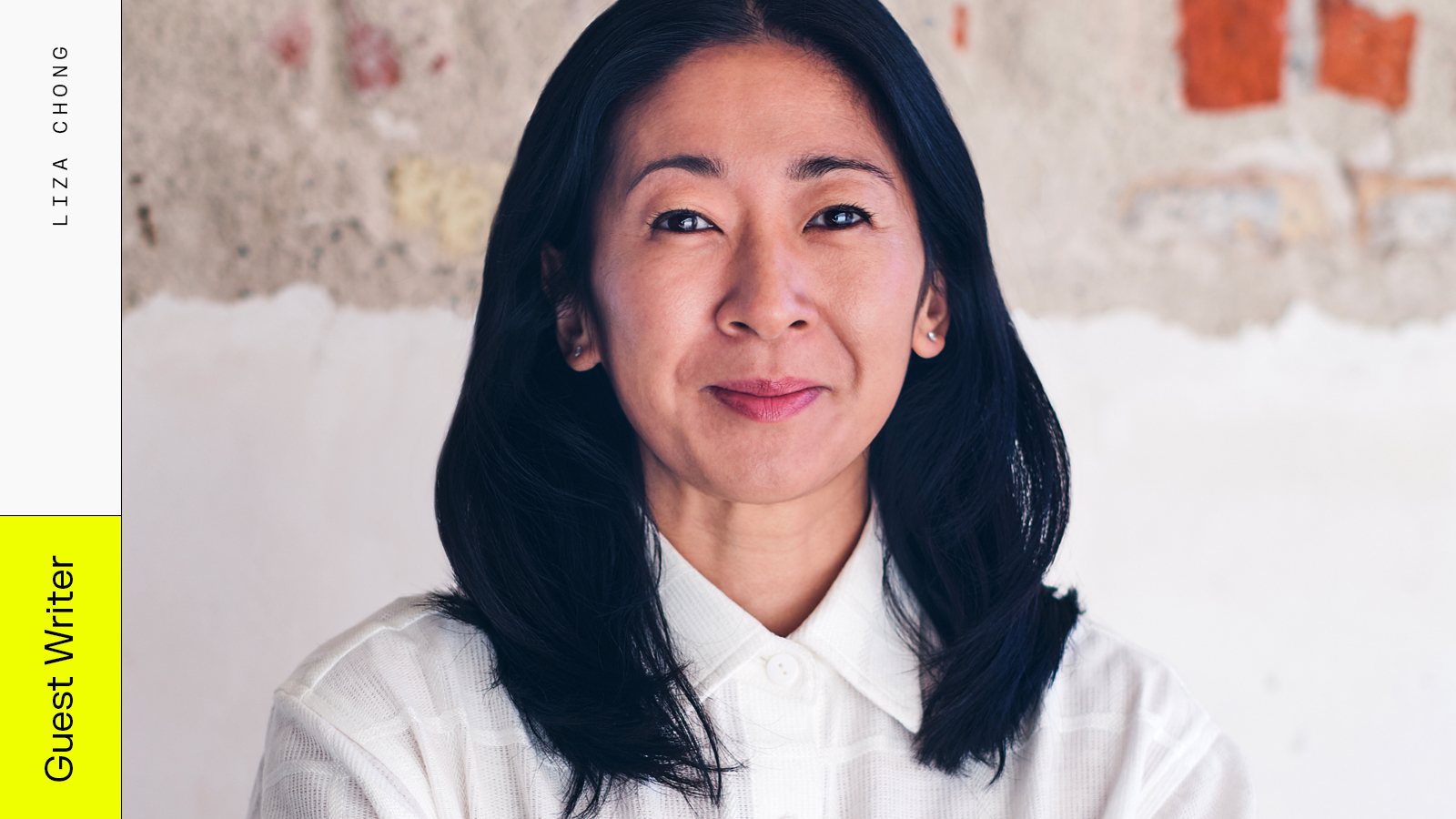Guest blog: Improving food production today improves life tomorrow

GUEST BLOG
Solar Foods was a finalist and ultimately also the winner of the Index Award in 2019. The team was awarded for their visionary protein Solein, a moon-shot solution designed to change the way we should produce food and respond to the nutritional needs of the future in more sustainable ways.
As then CEO of the Index Project, it was the first time I personally came into contact with Solar Foods. I thought then – as I still do – of what an excellent example Solein is of the kind of work that the Index Award was created to highlight and celebrate: ‘design to improve life’.
The world of food needs this type of design maybe more than ever in its history. This is why it’s so inspiring to see Solein unveiled and tasted for the first time ever recently in Singapore.
The effects of global food production and the severe impact the food industry has on our planet are well-known. Food production makes up 26% of the greenhouse gas emissions of the world annually.
Food production needs a drastic change: we must rethink how we grow, harvest, distribute, and experience food. Decoupling nutrition from intensive industrial agricultural practices requires food producers to shift to regenerative practices that are much more in harmony with nature and preserving biodiversity.
Easing the biggest change in the history of industrial food production
However, the pace of this shift does need to be in lockstep with global population growth. New technologies and solutions can supplement the investment into more nature-based methods of growing affordable food. This will support the shift and build a much-needed bridge between the current agricultural system and a new way of food production.
The ingenuity of innovations like Solein and creative entrepreneurs like the Solar Foods team are a part of a myriad of solutions in this equation. As the change is gargantuan in scope and will involve a wide variety of different solutions, it is likely to mean different things for different countries and users. This is where creativity and cultural adaptability shows great promise: humanity has shown that while large societal changes might not be easy, we are capable of developing new patterns of behaviour. So it is likely to be also in our relationship with food.
But what if there are nation states that don’t have sufficient landmass to grow most of the nourishment their population needs? Countries like Singapore are highly dependent on the rest of the world when it comes to food. Importing huge amounts of food inevitably involves costs, creates emissions, and makes daily food vulnerable to supply chain challenges.
This is why food resilience and affordability need to be a wider part of a national strategy to ensure sustainability for all. The government of Singapore has set an ambitious goal of meeting 30% of the country’s nutritional needs with domestic production by the year 2030. To implement this policy, it makes a lot of sense that Singapore was the first country who see Solein as a way forward and granted the ingredient its first novel food regulatory approval.
Singapore marks the path that others will likely follow
Solein coming to Singapore represents at least two things. First, it is obviously an exciting opportunity for local consumers who get to experience a taste of the future among the first in the world. But more importantly, in welcoming Solein, Singapore is being a regional masthead for the rest of the Southeast Asia region when it comes to food production. It is at the same time carving a path forward and offering a window into the future.
There are also factors that make Singapore a well-suited environment for this development. The country’s multi-cultural population and diverse culinary scene are an exciting context to apply Solein in. Singapore is a gateway to Southeast Asia, a region that’s home to 8% of the global population. It makes it an excellent melting pot where everyone can see and taste the effects of a novel ingredient, illuminating new ways to incorporate novel proteins like Solein in practice.
There couldn’t be a more exciting time to see how Solein will become a part of the culinary toolbox of Singapore. If we see companies like Solar Foods and products like Solein widely adopted at scale, they can make an impact and be a part of the change we need for a more sustainable future.
Liza Chong
Founder and General Partner of Design Impact Funds
Ex-CEO of The Index Project, organisers of the Index Awards

